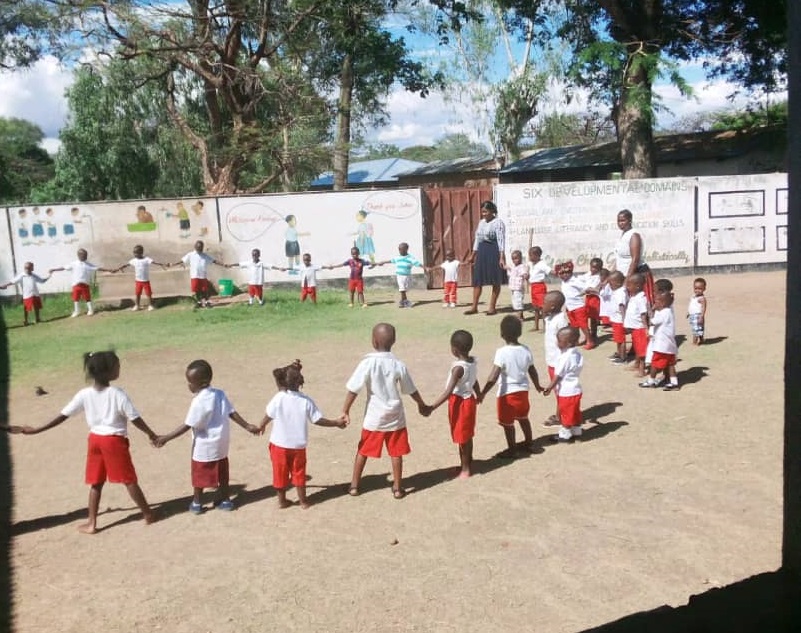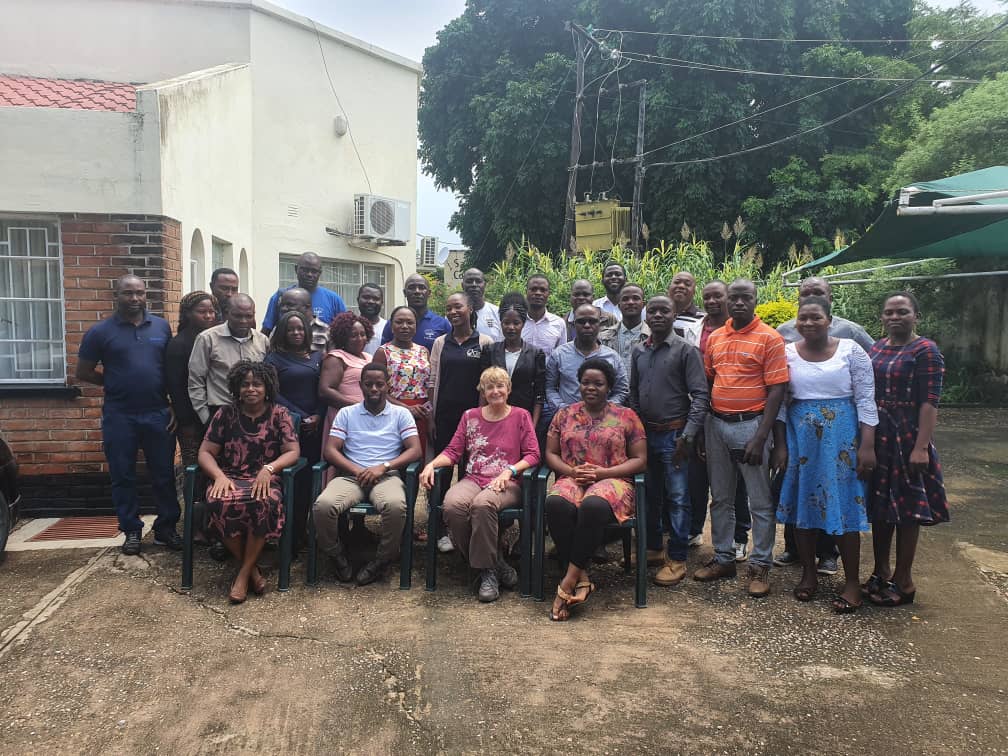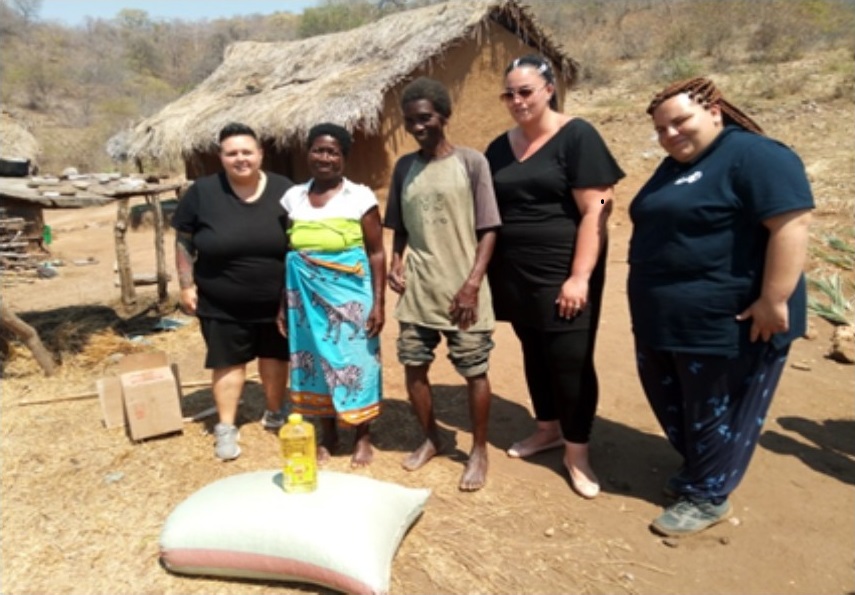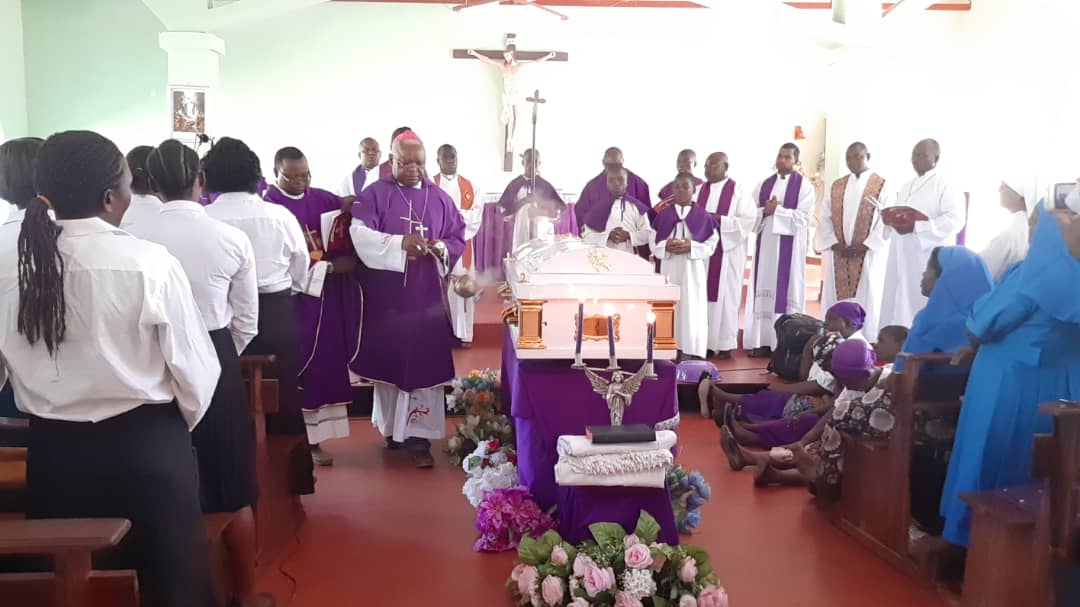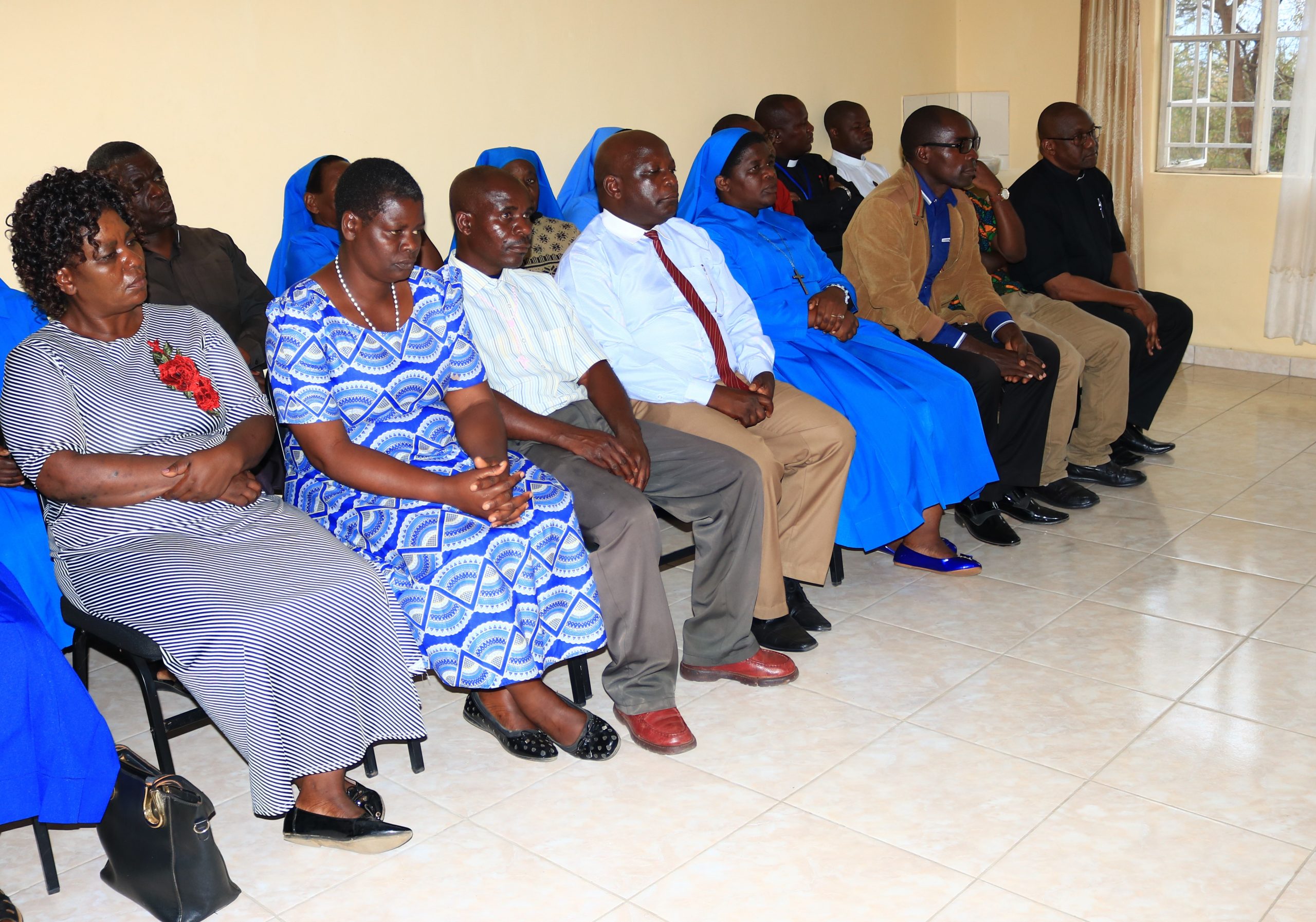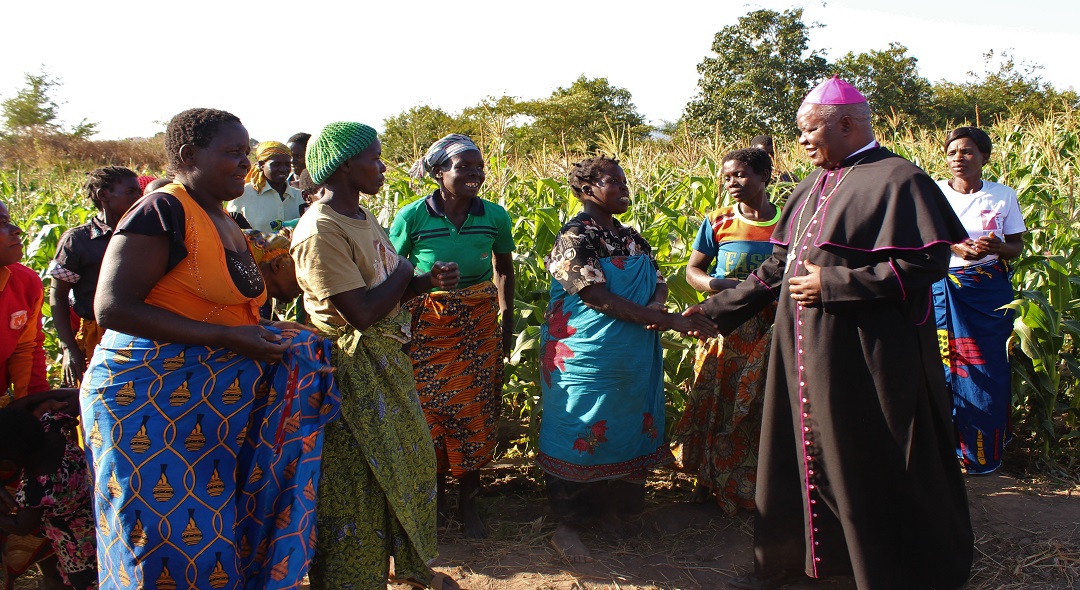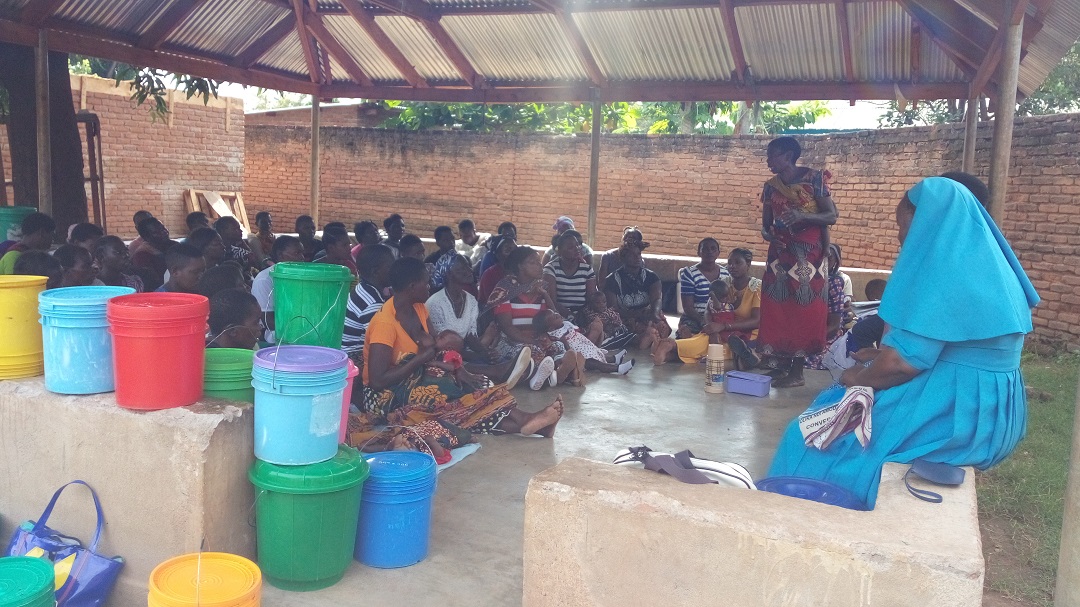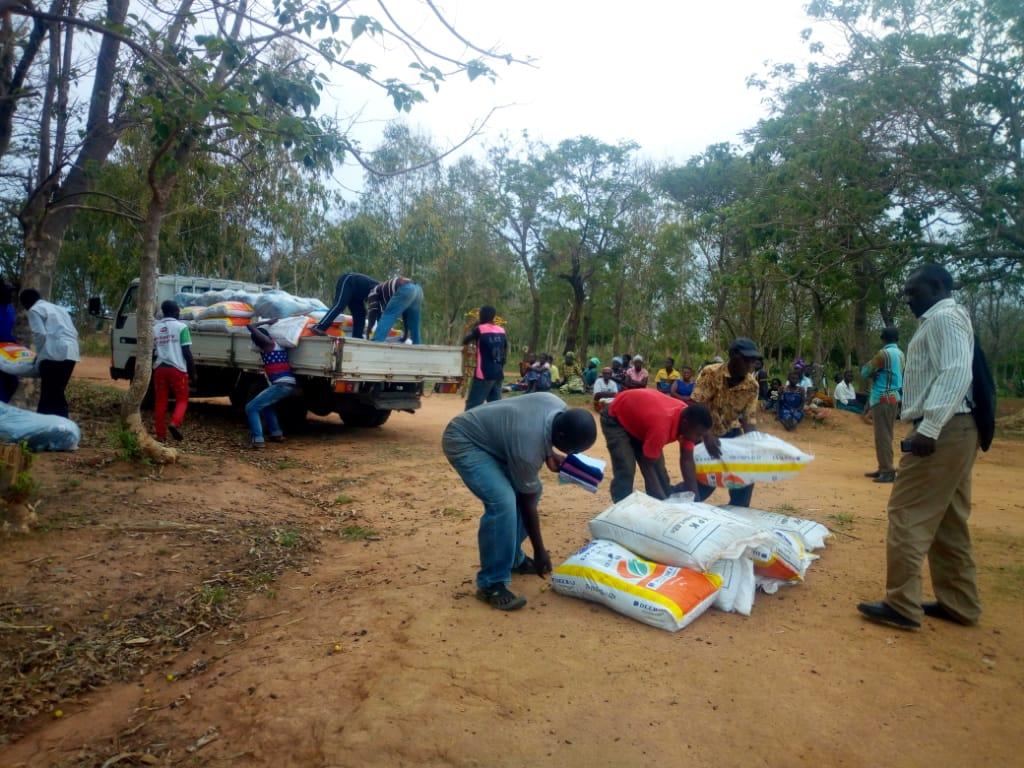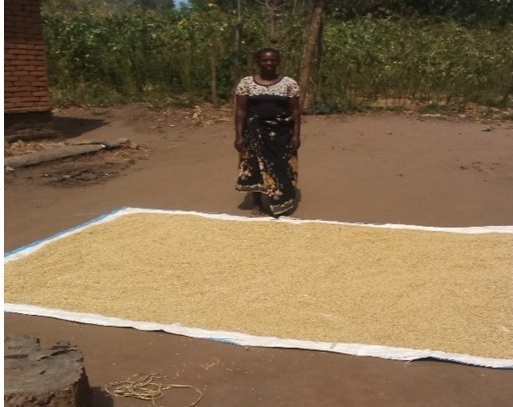Understanding Risks and Protective factors in child protection; tips for Child Care Institutions (CCIs)
Vitumbiko Ngwira* Child protection unavoidably involves uncertainty, ambiguity and fallibility. The world rightly expects high standards from child protection workers in Child Care Institutions in ensuring that children are at all times in a safe environment, but achieving this...
Read MoreLusubilo Community Care Pilots Graduation Model
By Vitumbiko Ngwira Graduating the ultra poor from their desperate living conditions has been the main goal of Lusubilo Community Care over the past 20 years. Many people have seen their lives improving through the various interventions by the organization....
Read MoreNo Food No Education: Lusubilo’s School Feeding Programme Promoting Education
By Tilekeni Kaunda Lusubilo Community Based Programmes in partnership with Catholic Relief Services has been implementing school feeding program in Karonga Diocese through HOPE Project with support from Coppel Family in Mexico. The project is supporting 43 primary schools, 3...
Read MoreLusubilo’s Visitors from Malta Support Vulnerable Households
By Kondwani Nyasulu In July, 2019, Lusubilo received visitors from Malta; a team of three ladies namely Martha, Ramona and Stelvana who have come to spend their precious time with children in the children home of Lusubilo. The three...
Read MoreA Flame of Charity Goes Off: Sr. Chipeta Goes to the Father
By Moses Raymond Kamanga* Scores of people woke up to the sudden demise of Sister Beatrice Chipeta founder of Lusubilo Orphan Home Based Care and Village. The Wednesday morning of 19th of June, bright as it promised, went dark; the...
Read MoreTips for Preventing Cases of Child Abuse in Institutions That Take Care of Children
By Vitumbiko Ngwira Introduction Child protection is increasingly becoming a popular topic in many countries. This is because of the increased number of child abuse cases that the world at large is experiencing. Malawi lacks comprehensive statistics on child protection...
Read MoreEmbracing Development and Spirituality: A Call for Development Workers
By Vitumbiko Ngwira* The smoke curled its way up from the thatched house in Wiliro, as we went around the household admiring the fruit orchard that we had helped establish for Mr. Ipyana and his family (not a real name)....
Read MoreInfant Feeding Program; Touching the Hearts of Orphaned Infants
By Vitumbiko Ngwira Through the feeding program Lusubilo Orphan Care supports many infants who have either lost their mothers or those whose mothers are in critical illnesses that cannot allow them feed their babies properly. [caption id="attachment_1940" align="alignnone" width="1024"] Health...
Read MoreLusubilo Distributes Farm inputs to 3100 Vulnerable Households
By Tilekeni Kaunda Smallholder farmers, especially vulnerable householders, face risks to their agricultural production mainly due to effects of declined soil fertility which reduces their household food and income security. [caption id="attachment_1753" align="alignnone" width="1024"] Farm input distribution in Chitipa District[/caption]...
Read MoreSORT Project Enhances Livelihoods in Kasikizi
By Tilekeni Kaunda Vulnerable households in rural areas, who mainly depend on agriculture, face many challenges including declining soil fertility, erratic rains and limited access to extension services. With limited access to credit and farm inputs, these vulnerable households struggle...
Read More
